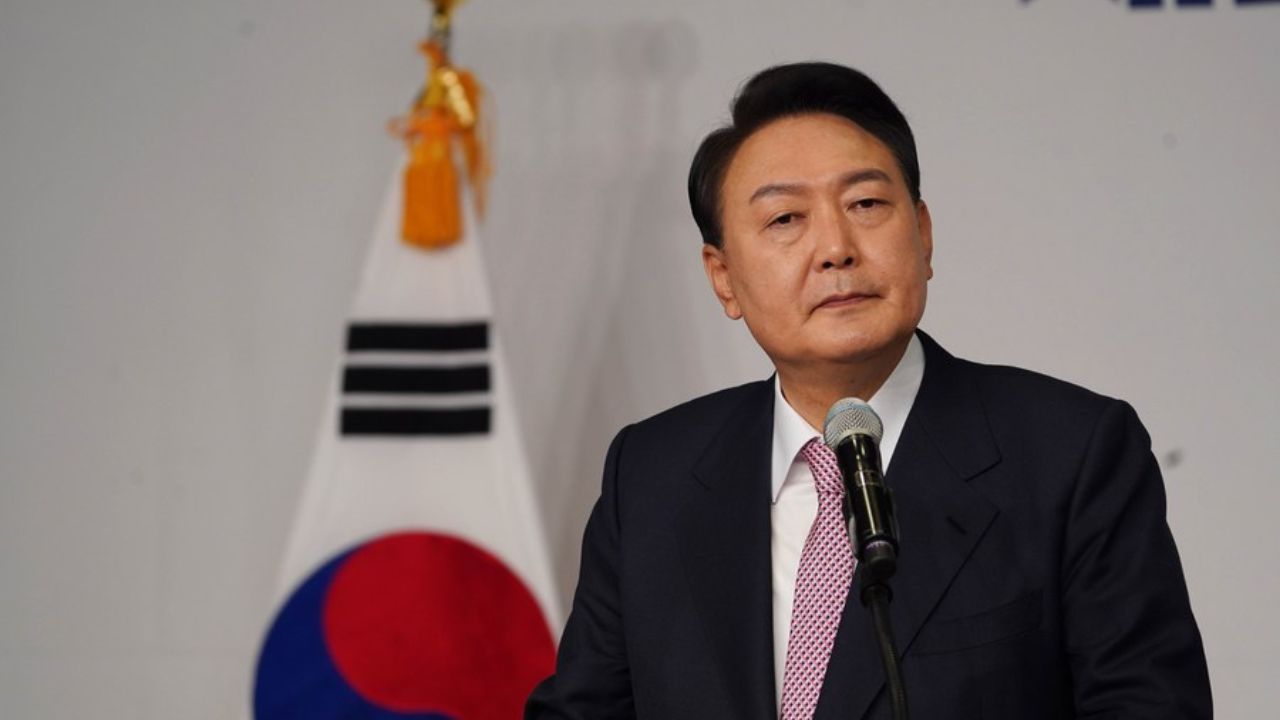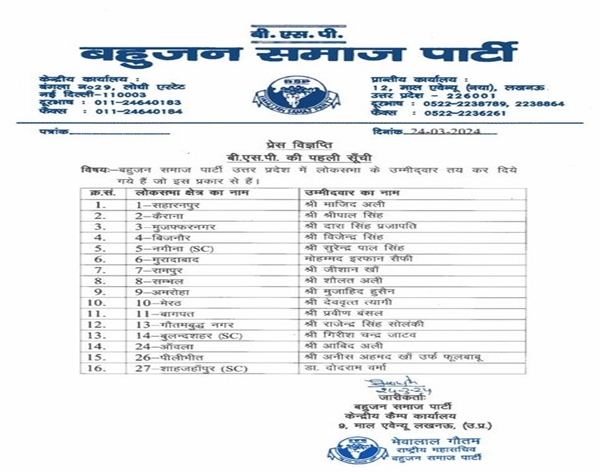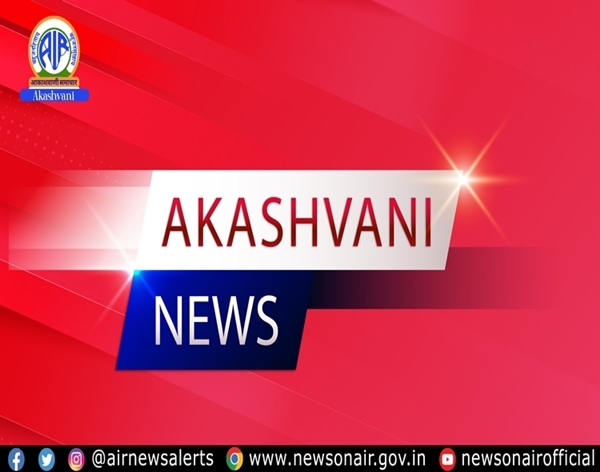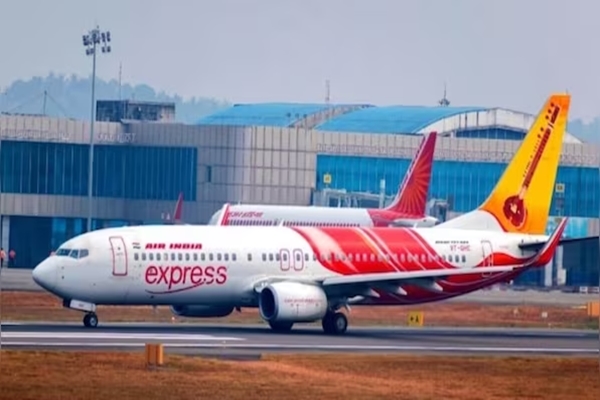In South Korea, the constitutional court has begun trial proceedings for the impeachment of President Yoon Suk Yeol today, who was suspended for declaring martial law and plunging his country into political turmoil.
MPs voted to impeach Yoon last Saturday after his actions sparked widespread protests calling for him to step down.
The court now has six months to decide whether to remove Yoon or reinstate him. If the impeachment is upheld, Yoon will become the second president to be ousted after former President Park Geun-hye in 2017, triggering a snap presidential election within 60 days. Former President Roh Moo-hyun was impeached in 2004 but reinstated.
Yoon’s ruling People Power Party (PPP) has been grappling with the fallout ever since, with its leader announcing his resignation today.
On December 14, Prime Minister Han Duck-soo began his duties as the acting president and convened a Cabinet meeting at the government complex in Seoul.
Meanwhile, South Korea’s finance minister, Choi Sang-mok, reiterated today that uncertainties from the recent martial law debacle have eased following the impeachment of the president.
Choi made the remarks during the opening session of a regional economic forum in Seoul attended by domestic and regional experts, including representatives from the Singapore-based ASEAN+3 Macroeconomic Research Office (AMRO).
Emphasising the country’s robust economic system, the minister assured that South Korea’s economic system remains stable, highlighting the smooth functioning of emergency response mechanisms.
AMRO, established in 2011, focuses on promoting macroeconomic and financial stability in the Asian region. It includes the 10-member Association of Southeast Asian Nations (ASEAN) and its three Northeast Asian partners—South Korea, China, and Japan.















